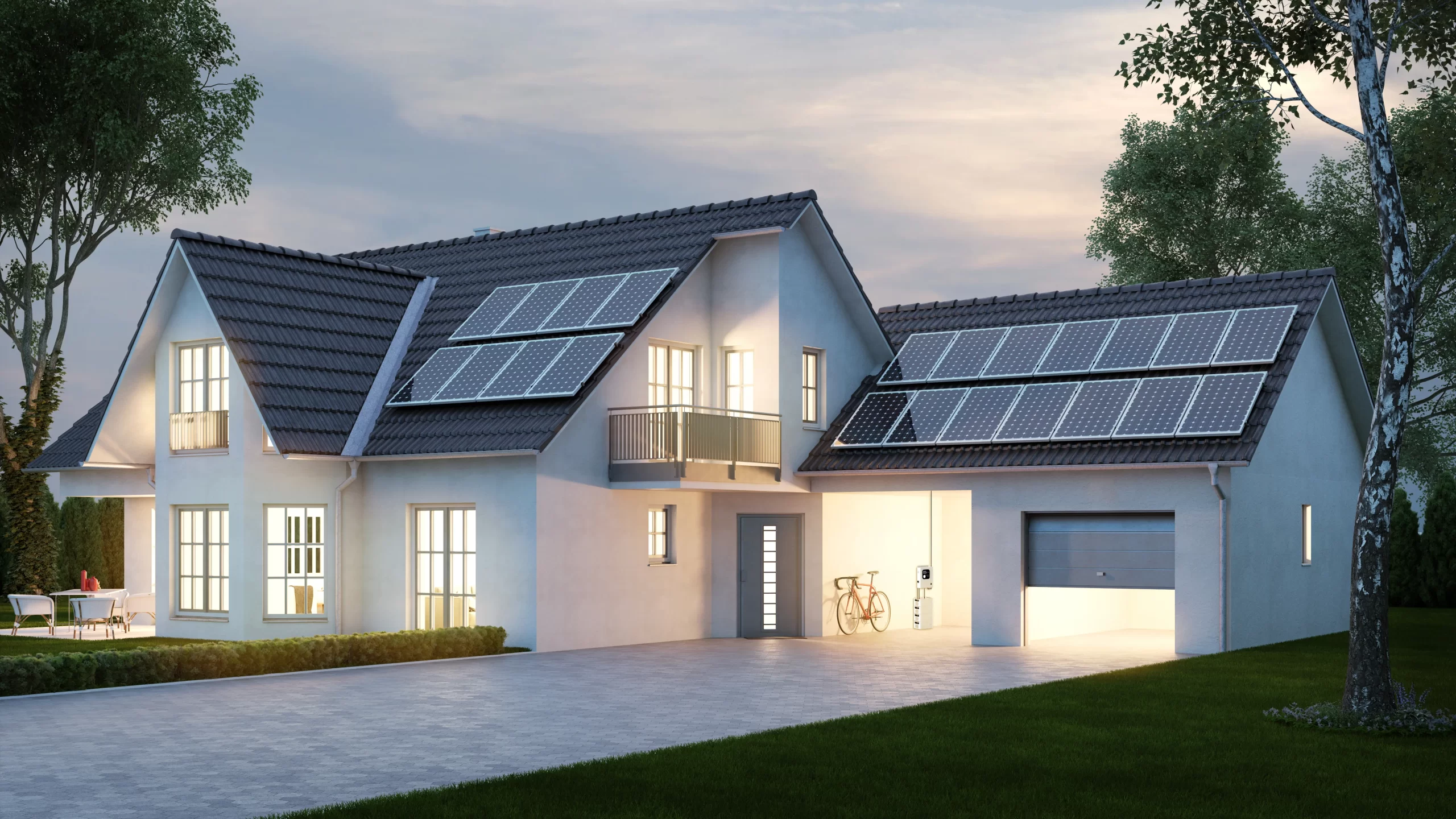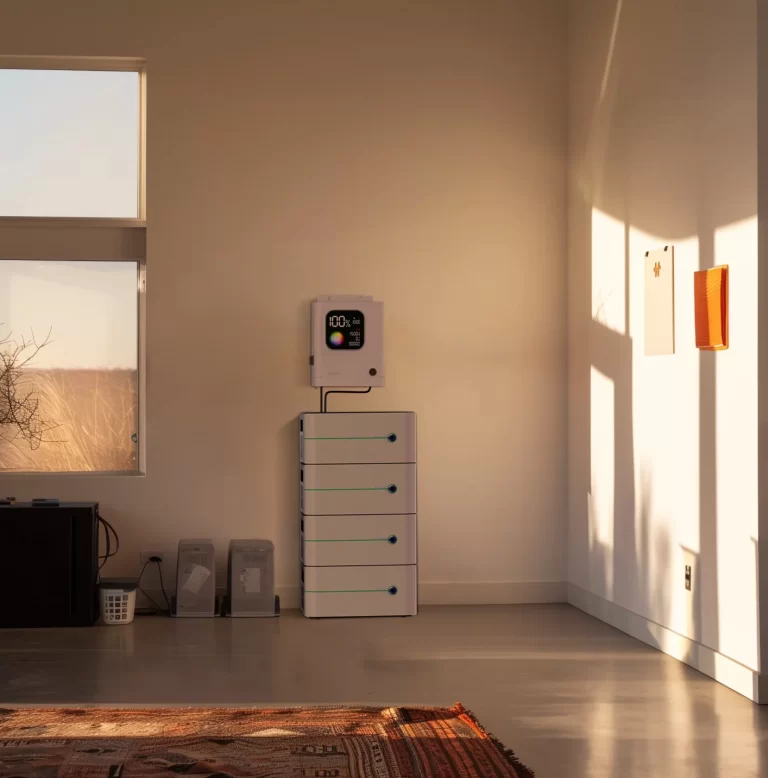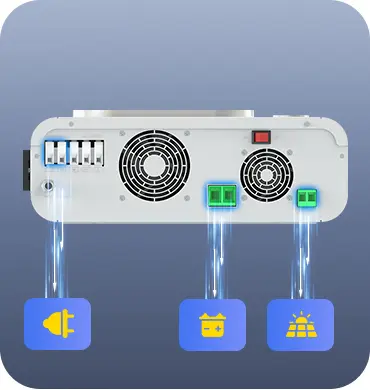A home solar energy storage system converts sunlight into electrical power and stores it for later use. It comprises solar panels, battery storage, inverters, and control systems. This system efficiently harnesses solar energy to power homes while reducing reliance on the traditional power grid.

1. How Does a Home Solar Energy Storage System Work?
The system converts solar energy into direct current (DC) electricity via the solar panels. An inverter then changes the DC into alternating current (AC) for household use. When solar production exceeds consumption, the excess energy gets stored in batteries. During times of low sunlight or high demand, the stored power is released to meet the home’s electricity needs.
2. Benefits of Home Solar Energy Storage Systems
Energy Independence: These systems free households from relying solely on utility grids, achieving energy self-sufficiency and improving family energy independence.
Eco-Friendly Cost Savings: Solar is a clean, renewable resource. Using solar storage reduces traditional energy consumption, lowers carbon emissions, and is environmentally sustainable while saving on electricity bills long-term.
Financial Incentives: While upfront costs are high, solar storage pays off through years of utility savings, and many areas offer government incentives boosting the economic benefits.
Backup Power: During grid outages, the stored solar energy can serve as an emergency backup supply to keep essential home circuits running.
3. Types of Home Solar Energy Storage Setups
Off-Grid: Fully independent systems ideal for remote locations without utility service.
Grid-Tied: Connected to the local power grid, allowing two-way metering to sell excess solar to the utility or purchase extra from the grid as needed.
Hybrid: Combine off-grid and grid-tied capabilities to seamlessly transition between the two modes as conditions change.
4. Home Solar Energy Storage Applications
These systems provide clean, reliable power for homes, vacation properties, rural areas, and more. They integrate well with other renewables like wind turbines for complementary multi-source energy production.
As technology progresses and incentive programs expand, home solar energy storage will become increasingly widespread, bringing sustainable energy independence and cost savings to more households.




